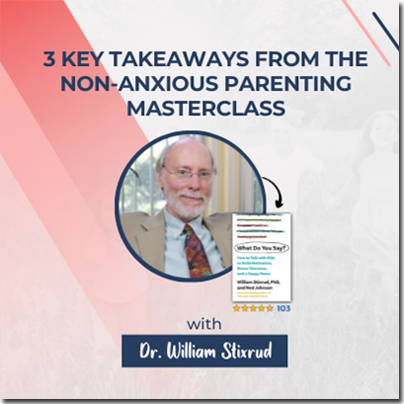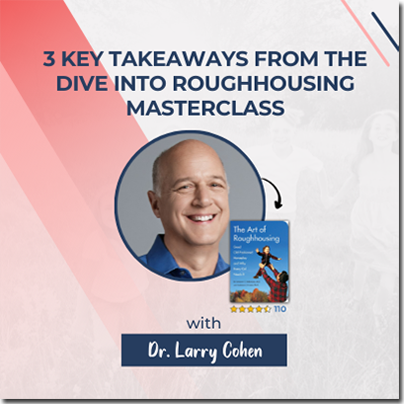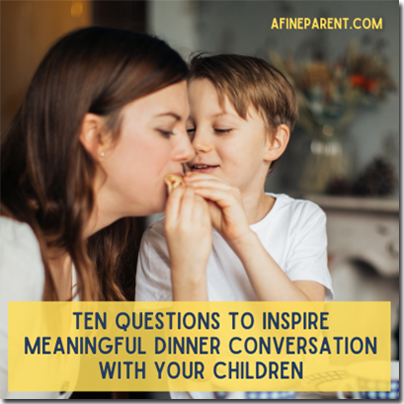 There’s a moment in our lives as moms when dreams—especially the wildest and most audacious dreams blooming in our heads—become meant for our children, not for us.
There’s a moment in our lives as moms when dreams—especially the wildest and most audacious dreams blooming in our heads—become meant for our children, not for us.
Google “follow your dreams,” and you’ll get hundreds of thousands of results—all suitable for framing or available as a stencil for your baby’s nursery wall.
“Follow your dreams, believe in yourself, and don’t give up.” -Rachel Corrie
“Go confidently in the direction of your dreams! Live the life you have imagined.” -Henry David Thoreau
“All our dreams can come true, if we have the courage to pursue them.” -Walt Disney
“Don’t dream it, be it.” -The Rocky Horror Picture Show
I’m not sure when I forgot I was also supposed to have dreams. Maybe it was when I had my first child. Maybe it was when most of my daily focus was spent doing laundry and washing dishes. Maybe it was when my husband began getting bigger and juicier assignments and I needed to take over more of the management of the household. It’s a mystery, but it did happen.
And I know I’m not alone. [Read more…]
 In less than a month, the fantastic and free
In less than a month, the fantastic and free  Very soon we will have the opportunity to delve deep into the world of positive parenting— that’s right, the
Very soon we will have the opportunity to delve deep into the world of positive parenting— that’s right, the  In just a few weeks we will have the opportunity to open ourselves up to a wealth of learning at the 2022
In just a few weeks we will have the opportunity to open ourselves up to a wealth of learning at the 2022  Your family is sitting at the table, with plates of food in front of them. Conversation is flowing naturally, your children are happy and smiling, freely sharing the details of their school day.
Your family is sitting at the table, with plates of food in front of them. Conversation is flowing naturally, your children are happy and smiling, freely sharing the details of their school day.